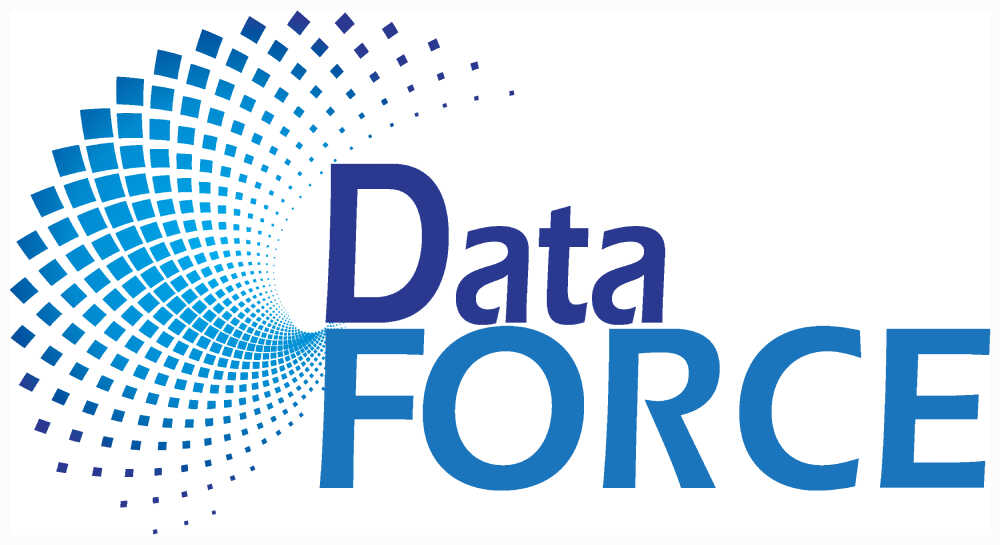
Jargon is particular words or expressions of any profession, trade, science, or hobby that loses meaning when used with ordinary people outside that respective group. These terms are used to meet the specific needs of their corresponding field or discipline. When used in a survey, they most often become complicated, confusing, and intimidating language to the target audience. Below are some tips on how to avoid jargon in your survey.
1. Avoid Uncommon Abbreviations, Acronyms, and Initialism
Abbreviations, acronyms, and initialisms are words and phrases that have been shortened. Some use them interchangeably, but there is a primary difference. Abbreviations are shortened words used to represent the whole, for example, “left-wing”, meaning liberal, progressive viewpoint, or “9-to-5” meaning a standard workday. On the other hand, acronyms are words formed from a set of first letters from a phrase, for example, “A/C” meaning air conditioner, or “POTUS” meaning President of the United States. Finally, initialism is also words formed from a set of first letters from a phrase. However, each letter is enunciated and not pronounced as a word; for example, “FAQ” meaning frequently asked questions.
While shortened forms of words and phrases are helpful with our industry peers, in a survey, we have to carefully consider our target audience before we use any shortened version. Suppose we don’t think all or most of our participants will understand the abbreviated words’ meaning. In that case, we need to first explain the abbreviation by writing the full words or phrases followed by the abbreviations in parentheses.
2. Go for the Least Common Denominator
When surveying a target audience with different demographics, then you have to deliberately make your survey so unpretentious that everyone, or the majority, of the target audience, will understand. Words and terms that seem ordinary to you might be unheard of by someone with a different background and knowledge base. For example, instead of using the word “incentive” you can use the word “reward”, or instead of the word “transcend” you can use “excel”.
3. Check Words with Multiple Meanings
Some words have different meanings to specific industries and the public. Be careful with words in your survey with dual meanings to avoid confusing your participants. For example, a script may mean written text to an ordinary person, but a script is a term for a prescription for people with a medical background.
4. Make it Simple
Long and difficult words in science are often essential, but when talking to your target audiences outside the industry, these words can be intimidating, or worse, annoying. In a survey, replace jargon with everyday language as frequently as possible. If the jargon helps the audience understand the survey more, than the jargon is functioning well. However, if the jargon is unnecessary and makes the language obscure, then it would be best to change the word or rephrase the sentence. The simpler, the better. For example, instead of involuntarily undomiciled, say homeless.
The audience is the priority in creating survey questions. Acceptable jargon will be based on your target audience. Reflect carefully on your target audience, and use jargon with discretion, if not avoid it altogether.
For more information on project consulting services, forms processing services, and data collection in general, contact DataForce!

1 comment on “How to Avoid Jargon in Your Survey”